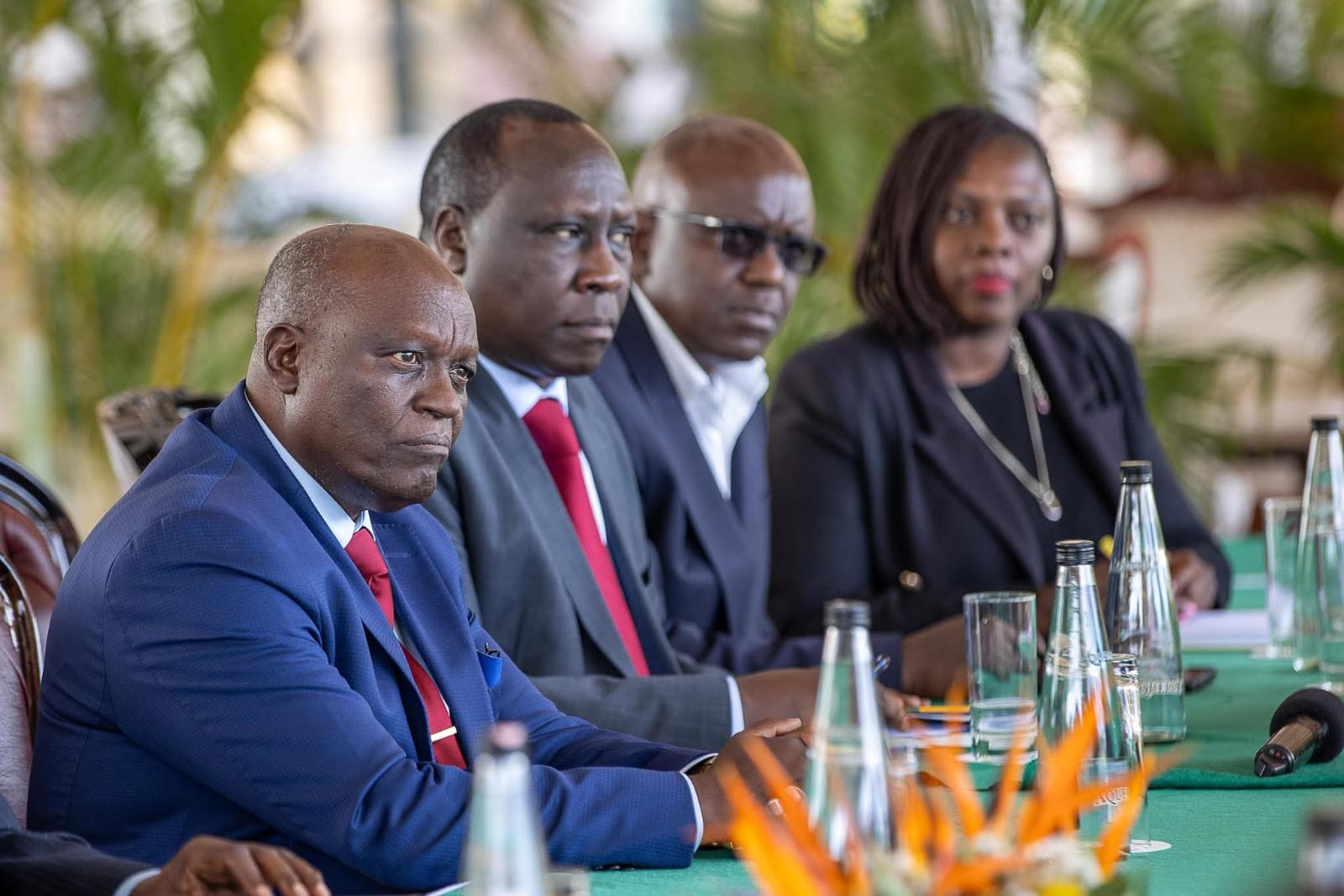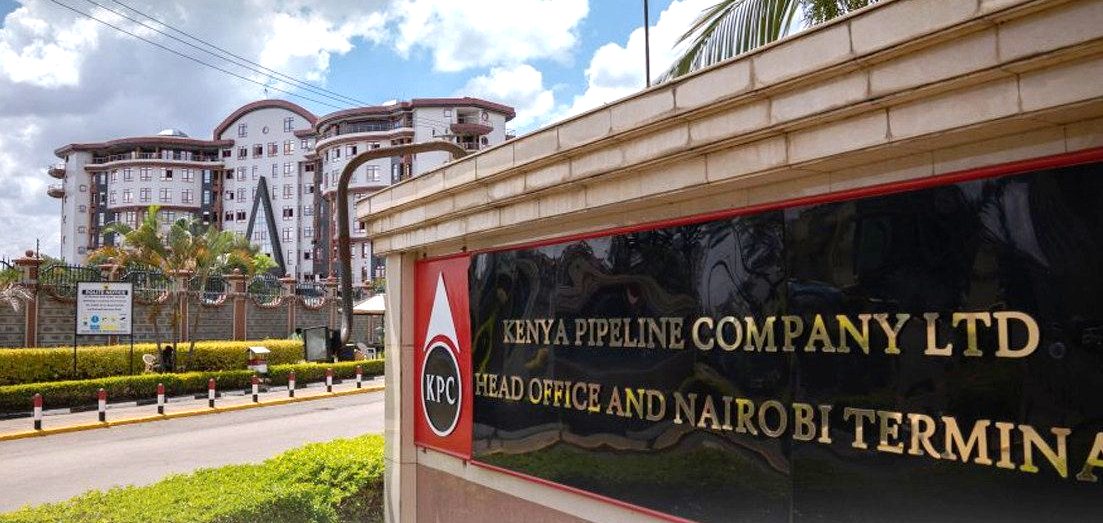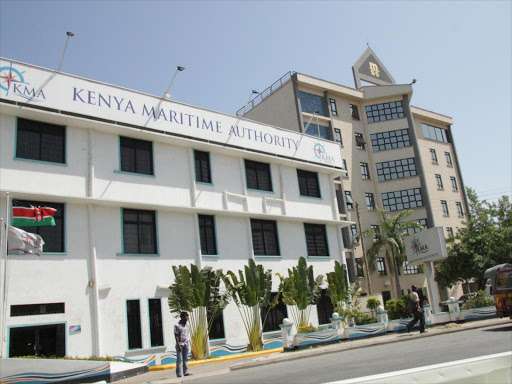The allegations surfaced amid rising discontent among tea farmers in the West of Rift region, including Kericho and Bomet, over low bonus payments this year. Some farmers reportedly received as little as KSh 10 per kilogramme of green leaf, compared to up to KSh 57 per kilogramme paid to counterparts in the Mt Kenya region (East of Rift).
By TWV Business Desk
The Kenya Tea Development Agency (KTDA) has dismissed allegations that KSh 1.03 billion, contributed by tea farmers in Kericho and Bomet counties for power projects, was misappropriated or diverted to other regions. In a detailed press statement issued on Tuesday, 9 October 2025, KTDA clarified that the funds were fully utilised for the construction of two hydroelectric plants, the Chemsot Small Hydro Plant (2.5 MW) and the Kipsonoi Small Hydro Plant (2.6 MW) , both located in the South Rift region.
According to the agency, the funds were allocated as follows: KSh 580.8 million to civil works contractors, KSh 204.8 million for project design, KSh 350.8 million for electromechanical equipment, and KSh 71.4 million for land compensation at Chemsot and Kipsonoi. The projects are being implemented by Settet Power Generation Company Limited, which was incorporated in October 2010 to oversee small-scale hydropower projects in the region. “These claims are false, misleading, and disregard the transparent and verifiable financial framework guiding the implementation of Settet Power Generation Company’s small hydro projects,” KTDA said in its statement.
Settet Power Generation Company Limited is jointly owned by seven tea factory companies in Kericho and Bomet, Kapkatet, Litein, Tegat, Momul, Kapkoros, Mogogosiek, and Kapset, together with KTDA Power Company Limited. Each shareholder holds a 12.5 per cent stake in the company.
The company was established to develop small hydroelectric plants aimed at reducing the high cost of energy in tea factories and, in turn, boosting farmers’ earnings. The projects are designed to supply affordable and reliable electricity to local factories, with the surplus sold to the national grid under the Feed-in-Tariff (FiT) Policy approved by the government.
Funding for the projects follows a 65:35 debt-to-equity structure, where the larger portion is expected from international development financiers. However, KTDA acknowledged that the process of signing financing agreements has taken longer than anticipated, leading to a KSh 157 million shortfall as of October 2025.
The agency further noted that despite the financing delays, construction works on both hydro plants are at advanced stages, with the Chemsot plant nearing completion and the Kipsonoi project expected to be operational in early 2026.
The allegations surfaced amid rising discontent among tea farmers in the West of Rift region, including Kericho and Bomet, over low bonus payments this year. Some farmers reportedly received as little as KSh 10 per kilogramme of green leaf, compared to up to KSh 57 per kilogramme paid to counterparts in the Mt Kenya region (East of Rift).
KTDA maintains that the regional disparities in payments are influenced by differences in factory efficiency, quality of leaf, and production costs, not by diversion or misuse of funds. The agency urged farmers to disregard misinformation and assured them that all power projects remain on course and fully accounted for, with audited financial statements available for verification.





